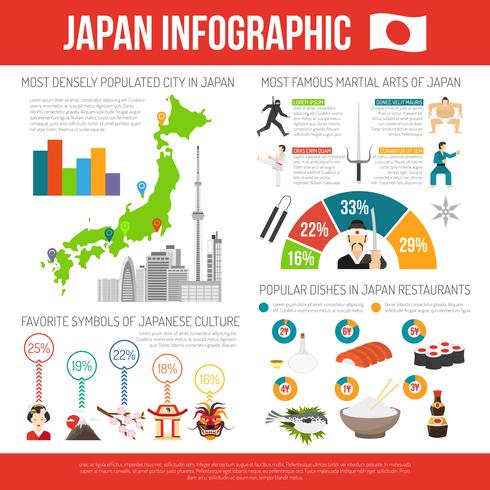The Development And Historic Value Of Martial Arts Throughout Different Cultures
The Development And Historic Value Of Martial Arts Throughout Different Cultures
Blog Article
Writer-Mortensen Liu
Martial arts have a fascinating background that extends centuries and continents. You might locate it appealing just how ancient techniques like Shuai Jiao and Kalaripayattu prepared for modern-day battle strategies. These techniques not only emphasize physical skills but also reflect the societies that birthed them. As you discover their evolution, think about just how globalization has actually changed these standard forms into hybrid styles. What influences do you believe have formed today's martial arts landscape?
Ancient Martial arts: The Foundations of Battle
As you delve into the globe of ancient martial arts, you'll discover the rich foundations that formed fight methods throughout cultures. Very early techniques concentrated on Self-Defense and survival, frequently incorporating strikes, grappling, and weapons.
In ancient China, as an example, methods like Shuai Jiao emphasized tosses and joint locks, while India's Kalaripayattu showcased dexterity and liquid movement. Japanese samurai established Kenjutsu, a refined swordsmanship that highlighted discipline and strategy.
These martial arts offered not just for battle however also as a way of individual advancement, instilling worths like respect and perseverance. The blending of these techniques gradually laid the groundwork for the varied martial arts you see today, each reflecting the one-of-a-kind philosophies and needs of its culture.
The Social Influence on Martial Arts Advancement
While martial arts frequently reflect the practical needs of a society, they additionally embody the cultural worths and beliefs of their origins. When you discover different martial arts, you'll discover just how they're influenced by faith, philosophy, and social standards.
As an example, the emphasis on respect and discipline in Japanese martial arts stems from Zen Buddhism and samurai society. In contrast, Brazilian Jiu-Jitsu promotes versatility and strategy, formed by the demand for efficiency in a diverse, multicultural environment.
You might discover that the rituals, uniforms, and training approaches reflect a neighborhood's background and identification. By recognizing these cultural impacts, you grow your gratitude of martial arts and their duty in shaping human experiences across the globe.
Modern Adaptations and the Globalization of Martial arts
Martial arts have changed substantially in recent years, adapting to contemporary society and international impacts. You'll observe that standard types have blended with modern techniques, creating hybrid styles like MMA. These adjustments deal with varied target markets, making martial arts obtainable and appealing worldwide.
With the rise of social media and electronic systems, you can find tutorials and competitors from all corners of the globe, breaking geographical barriers. This globalization has actually brought about a shared recognition for numerous techniques, from Brazilian Jiu-Jitsu to Taekwondo.
As you involve with these arts, you'll realize they're not just about fight; they advertise health and fitness, discipline, and mental health.
Eventually, contemporary adjustments have actually enhanced the martial arts landscape, making it a dynamic and developing technique.
Conclusion
In checking out the background and evolution of martial arts, you discover a remarkable mix of methods, societies, and philosophies. From old self-controls like Shuai Jiao and Kalaripayattu to the contemporary flexibility seen in MMA, martial arts reflect humankind's quest for Self-Defense and personal development. As please click the up coming post involve with these methods, you not just obtain skills but additionally a deeper gratitude for the diverse customs that shape our globe today. So, proceed https://www.latimes.com/socal/burbank-leader/news/story/2019-11-15/martial-arts-history-museum-kicks-its-way-to-20th-anniversary and welcome the art of combat!
